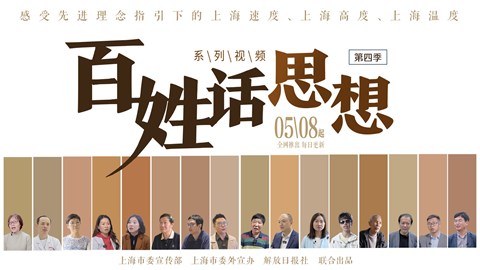Local medics develop precise treatment for deadliest breast cancer
Local medical experts have achieved the best treatment outcome for the most deadly type of breast cancer through a self-developed precise therapy that uses genetic subtyping plus a combined chemotherapy with targeted or immunotherapy.
The two-year-long research, which included 139 patients in the terminal stage of the most deadly type with no surgical solution, divided patients into five groups based on their subtyping for precise treatment.
Thus far, patients in the different groups have enjoyed survival five to nine months longer than patients receiving traditional chemotherapy. Patients with nine-months longer survival had the world's best survival benefits through the innovative precise treatment.
"The overall remission rate for all patients with precise treatment is 80 percent, much higher than the group with traditional chemotherapy at 44.5 percent," said Dr Shao Zhimin, director of Shanghai Cancer Center's breast surgery department and a leading scientist in the research.
"There are no patients with serious complications. It is a very encouraging result, as all the genetic subtyping, new drugs and new technology are domestically developed, and were successfully proven in the clinical trial.
"In the next stage, we will team up with more domestic medial facilities to promote breast cancer precise treatment and new drug trials to benefit more breast cancer patients," he said.
Breast cancer is the most prevalent form of cancer in women, while triple-negative breast cancer is the most complex and deadly form, with a much higher chance of relapsing and metastasis.
Such breast cancer does not express the genes for HER2, progesterone receptors, or estrogen receptors. Therefore, chemotherapy is the only treatment option, and the long-term treatment outcome is poor.
Triple-negative breast cancer affects between 15 and 20 percent of patients.
Doctors at the Shanghai Cancer Center isolated the world's first genome of triple-negative breast cancer, classified it into different subtypes and developed precise diagnosis and treatment for patients.
The research was published by the world-leading journal The Lancet Oncology on Tuesday.















